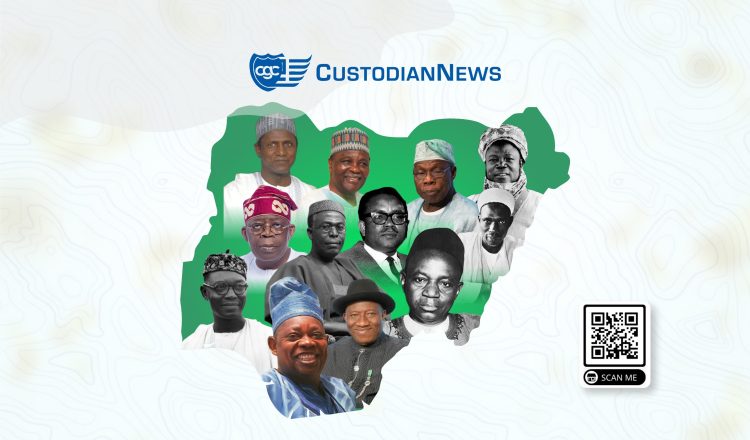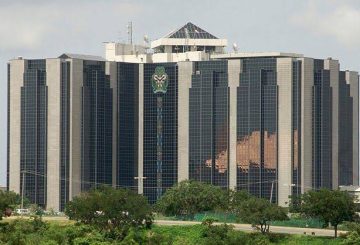With no definite limit on the amount of time under any standing political culture or group, modern politicians of today have been given the opportunity and much-needed leverage to draw a whole lot from the well of their political influences and experiences. And with a plethora of resources made available to them, by locals and internationals alike, much is expected in terms of performance and representative efficiency.
Since making her full-scale return to democratic rule on May 29, 1999, Nigeria has witnessed numerous positive changes and a significant shift in the way government policies and directives are being formulated and implemented. The country’s politicians, irrespective of which party has been in power, have played key roles in these laudable advancements, creating a better ecosystem for governance.
As Nigeria celebrates Democracy Day 2024, in this feature, we look closely at the 12 top phenomenal influential figures in Nigerian politics, as it seeks to unravel the giants who have collectively steered the nation towards her current democratic state. From pre-independence visionaries to modern-day reformers, these 12 leaders have carved their legacies on the sand of time and continue to inspire a nation striving for stability, growth, and true democratic values.
1. Nnamdi Azikiwe
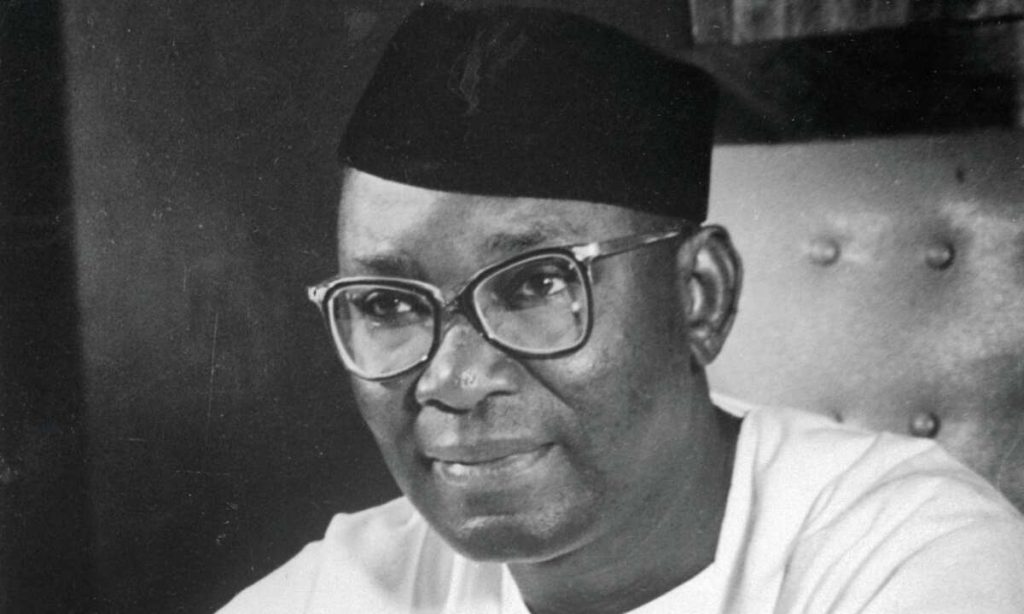
Nnamdi Azikiwe, fondly known as “Zik,” is hailed as Nigeria’s first President and a foremost nationalist. His efforts in mobilizing Nigerians towards independence were pivotal. Azikiwe’s vision of a united Nigeria laid the groundwork for the country’s democratic framework, advocating for federalism and inclusive governance.
2. Obafemi Awolowo
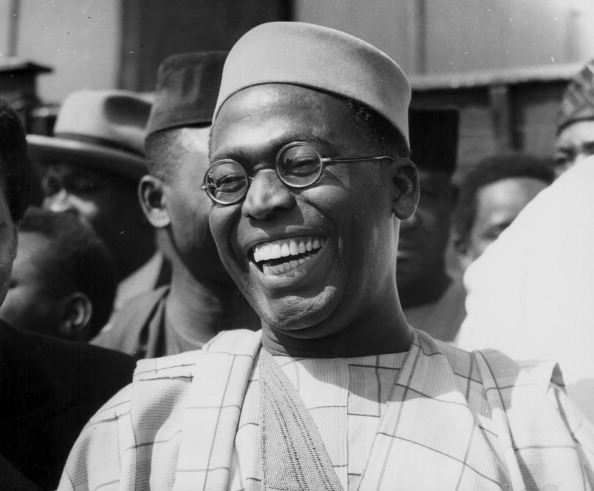
A revered statesman, Obafemi Awolowo’s contributions to Nigeria’s democracy are immense. As Premier of the Western Region, he implemented progressive policies, particularly in education and infrastructure, which fostered a culture of accountability and public service. Awolowo’s advocacy for regional autonomy within a federal system remains influential.
3. Ahmadu Bello
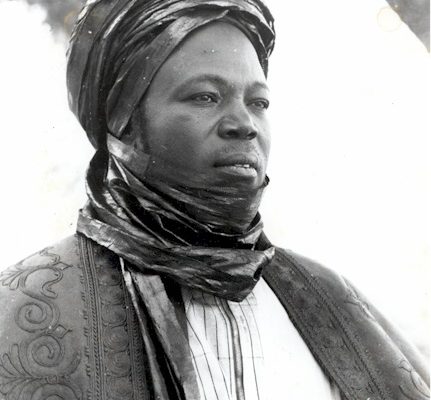
The Sardauna of Sokoto, Ahmadu Bello, was a central figure in Northern Nigeria’s political evolution. As Premier of the Northern Region, he championed the region’s interests while promoting national unity. Bello’s leadership in balancing regional autonomy with national integration has had a lasting impact on Nigeria’s democratic fabric.
4. Sir Abubakar Tafawa Balewa
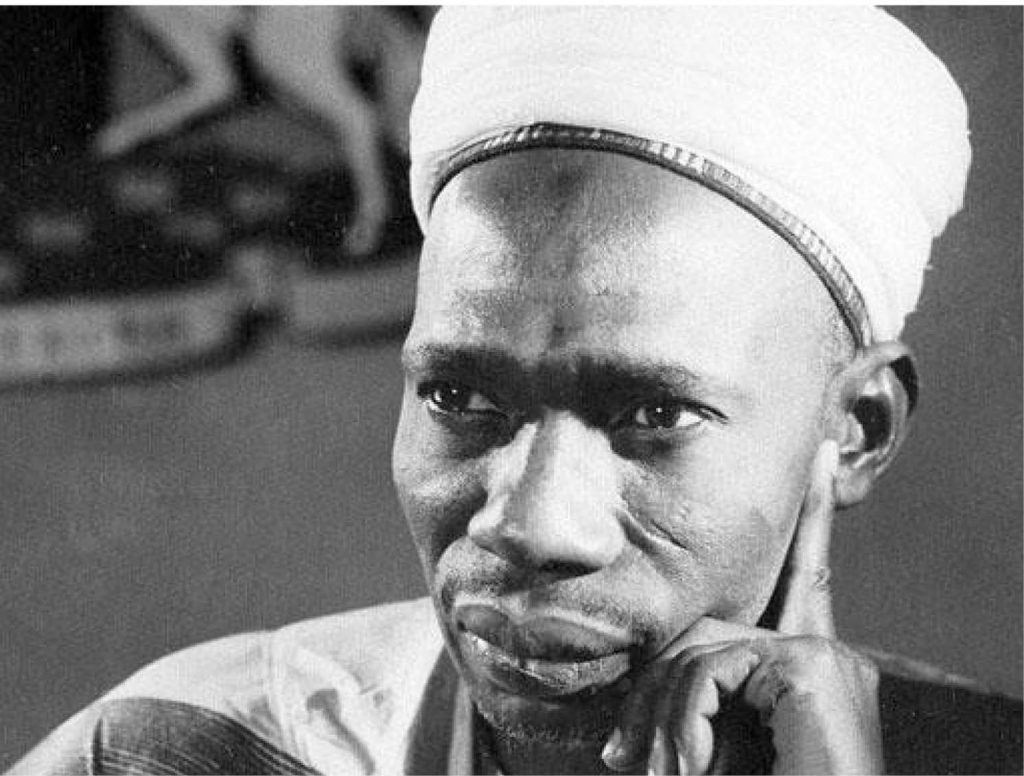
Nigeria’s first Prime Minister, Sir Abubakar Tafawa Balewa, is remembered for his diplomatic approach to governance. His tenure marked Nigeria’s early years of independence, and his efforts to foster peaceful coexistence among diverse ethnic groups were crucial in stabilizing the nascent democracy.
5. Chief Anthony Enahoro
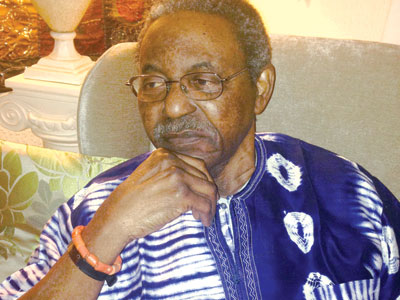
Chief Anthony Enahoro is celebrated for his role in the struggle for Nigeria’s independence. His historic motion for Nigeria’s independence in 1953 set the stage for the country’s eventual freedom. Enahoro’s unwavering commitment to democratic principles and human rights resonates in Nigeria’s political discourse today.
6. Aminu Kano
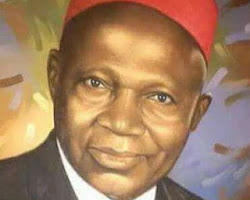
Aminu Kano was a champion of the masses, advocating for social justice and grassroots democracy. His leadership in the Northern Elements Progressive Union (NEPU) and later the People’s Redemption Party (PRP) brought attention to the needs of ordinary Nigerians, influencing policies that aimed to reduce inequality and promote social welfare.
7. MKO Abiola
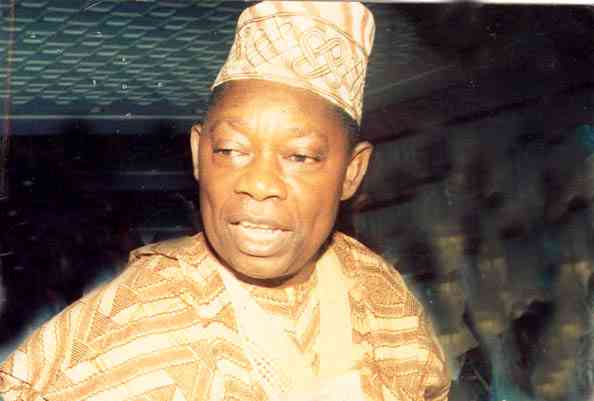
Moshood Kashimawo Olawale (MKO) Abiola’s legacy is forever tied to the struggle for true democracy in Nigeria. His victory in the 1993 presidential election, which was annulled by the military regime, sparked widespread pro-democracy protests. Abiola’s sacrifice and martyrdom symbolize the fight for a free and fair electoral process.
8. Bola Ahmed Tinubu
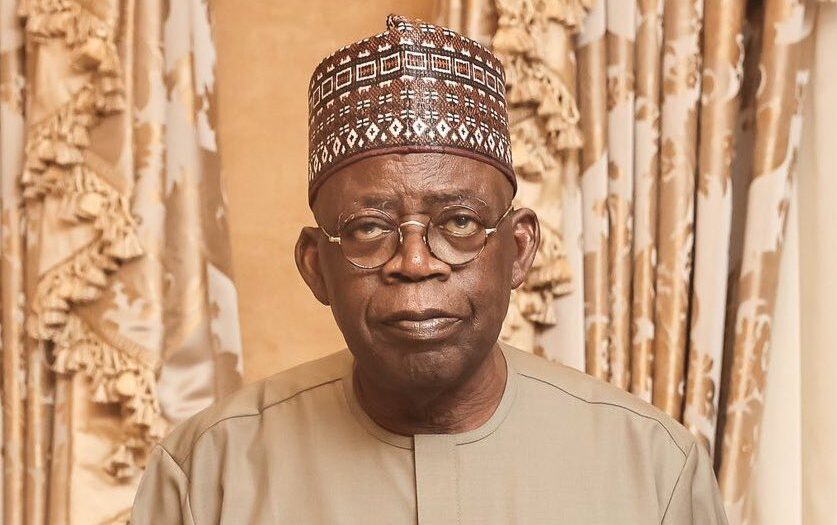
Bola Ahmed Tinubu, a former Governor of Lagos State and current political leader, has been instrumental in shaping Nigeria’s contemporary political landscape. His role in the formation of the All Progressives Congress (APC) and the subsequent electoral victories has cemented his influence in advancing democratic governance and party politics.
9. Umaru Yar’adua
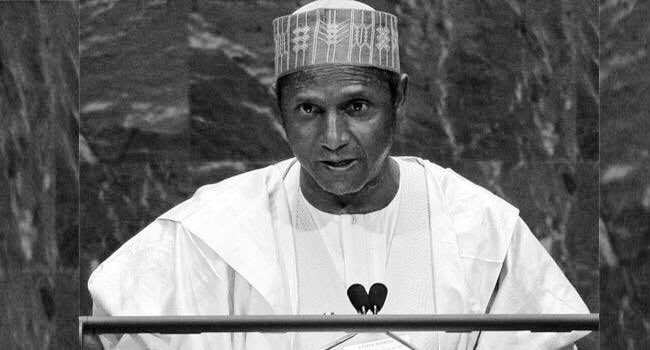
Umaru Musa Yar’adua, Nigeria’s President from 2007 to 2010, is remembered for his commitment to the rule of law and electoral reforms. His administration’s efforts to address electoral malpractices and promote transparency set important precedents for subsequent democratic practices.
10. Goodluck Jonathan

Goodluck Jonathan’s tenure as President marked a significant period in Nigeria’s democratic evolution. His decision to concede defeat in the 2015 presidential election was a landmark moment for Nigeria, reinforcing the principles of peaceful transfer of power and respect for the electorate’s will.
11. Olusegun Obasanjo

Olusegun Obasanjo, a two-time President of Nigeria, played a pivotal role in the transition from military to civilian rule. His leadership in restoring democracy in 1999 and his subsequent efforts to strengthen democratic institutions have been foundational to Nigeria’s political stability.
12. Yakubu Gowon
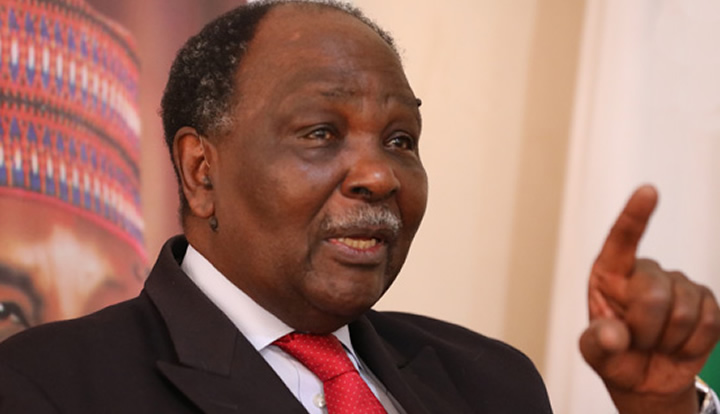
General Yakubu Gowon, who led Nigeria during the tumultuous Civil War period, is credited with maintaining the country’s unity. His subsequent efforts in promoting reconciliation and rebuilding the nation laid the groundwork for a more inclusive and resilient democracy.
As Nigeria celebrates its democratic achievements, these leaders’ contributions serve as a reminder of the enduring struggle for freedom, equality, and justice. Their legacies continue to inspire future generations to uphold the values of democracy.
- Tags: Ahmadu Bello, Aminu Kano, Bola Ahmed Tinubu, Chief Anthony Enahoro, Democracy Day 2024, Goodluck Jonathan, Impact on Nigeria's Democracy, MKO Abiola, Nigeria's democratic journey, Nigerian Leaders, Nnamdi Azikiwe, Obafemi Awolowo, Olusegun Obasanjo, political landscape in Nigeria, Sir Abubakar Tafawa Balewa, Umaru Yar'adua, Yakubu Gowon


